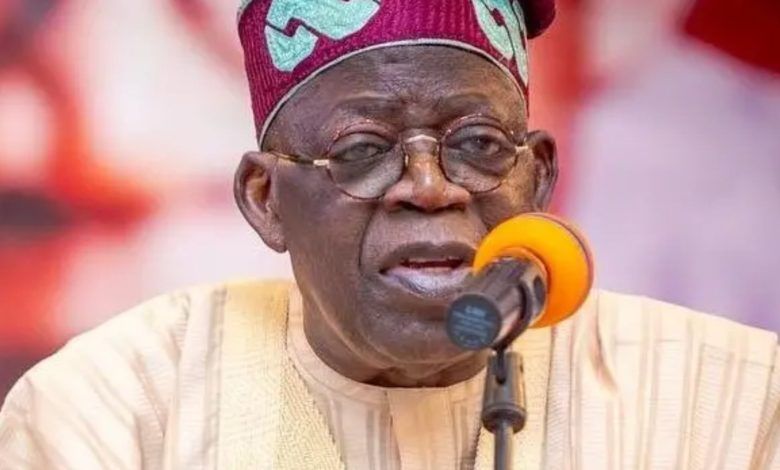
President Bola Tinubu has asserted that Nigeria’s economic challenges are manageable and not insurmountable, provided the nation implements the right policies.
Speaking at the 30th Nigerian Economic Summit (NES30) in Abuja, represented by Vice-President Kashim Shettima, Tinubu emphasized the importance of partnerships and effective management to navigate the country’s economic landscape.
“Like many other nations, Nigeria has experienced significant economic problems over the past few years, both globally and domestically,” he noted. He pointed out that Nigeria’s growth has been volatile, heavily reliant on oil revenues, and struggling to generate sufficient jobs for its rapidly expanding population.
To address these issues, Tinubu called for prioritizing economic diversification and harnessing the nation’s potential to transform demographic challenges into opportunities. “We need to ensure that our anticipated demographic bulge becomes a demographic dividend, not a disaster,” he stated.
The president highlighted several strides his administration has made in tackling key issues such as regulatory bottlenecks and improving the ease of doing business. He mentioned ongoing fiscal reforms aimed at stabilizing the macroeconomic environment, including the removal of fuel subsidies, unification of exchange rates, and strategic debt management.
“Stability is not just about managing crises; it’s about building a resilient economy capable of withstanding shocks and sustaining growth,” Tinubu asserted. He expressed optimism that, with the right policies, partnerships, and commitment, Nigeria can emerge stronger, more competitive, and more resilient.
In his remarks, Atiku Bagudu, the Minister of Budget and Economic Planning, reassured Nigerians of a brighter future despite current hardships. He noted that the country is headed in the right direction, citing a decline in inflation and other positive economic indicators. “What has been achieved is a result of boldness, resilience, and collaboration,” Bagudu stated, emphasizing the need for continued investment to create a competitive and stable environment.
Chairman of the Nigerian Economic Summit Group (NESG) Niyi Yusuf, echoed the call for institutional reforms aimed at reducing governance costs and optimizing public assets. He stressed the importance of creating frameworks that enhance productivity and unlock key sectors to foster trade and investment.
“Our natural resources have shaped our past, but it is our productive human resources and talented youth that will define our future,” Yusuf said, highlighting the role of the private sector as the engine of growth. He called for faster and more transparent governance to attract private capital and expertise, ensuring national assets benefit all Nigerians.
Yusuf also pointed out that beyond economic reforms, Nigeria faces social challenges, urging the need for greater urgency and effectiveness in addressing these issues. He reiterated the importance of building a stable and inclusive economic environment through strategic legislative and regulatory reforms.





